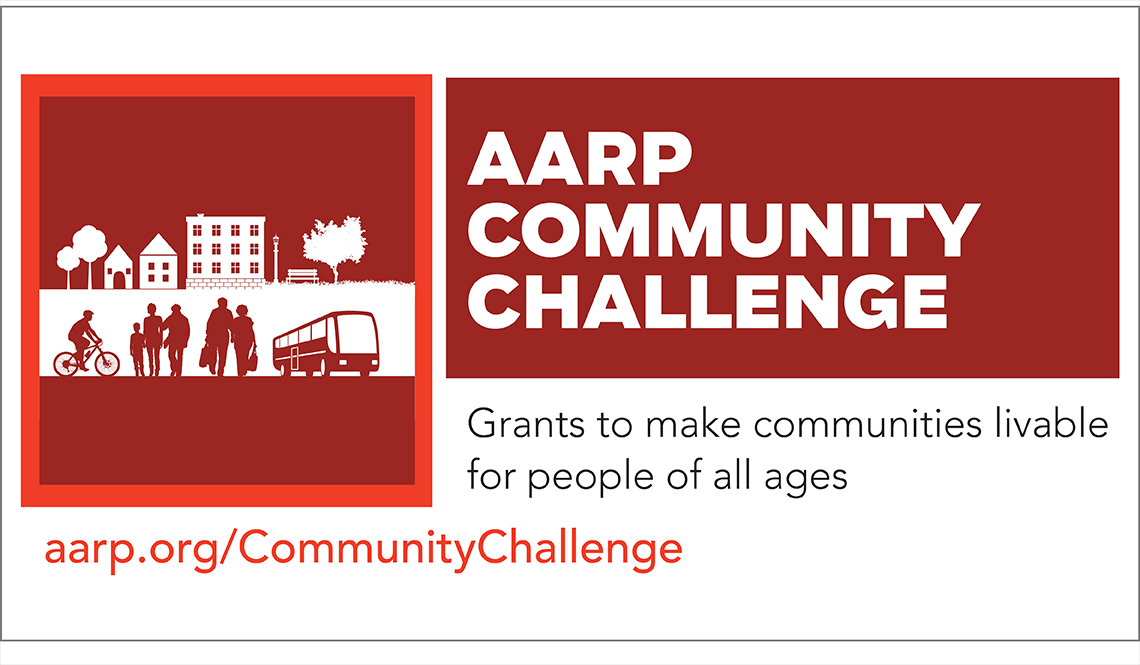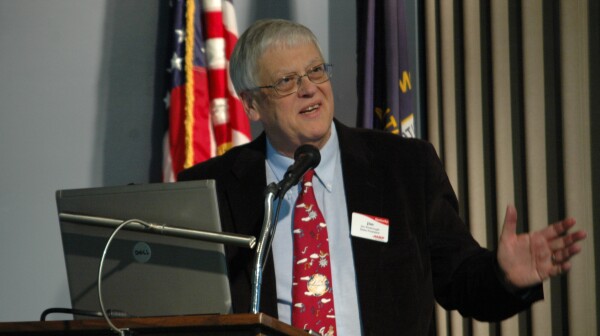AARP Hearing Center
AARP Kentucky
Fortunately, he and his wife, Judy Nicholson, both AARP veteran volunteers in Kentucky, knew exactly where to look for support: a booklet produced by AARP called the “AARP Veterans and Military Families Caregiver Guide.”
That’s why AARP brings neighbors together to join in on free activities and events, right where you live.
Get to know the local side of AARP, and click on a free event that clicks with you.











































































